The invention of the Deaf Football Huddle
Did you know that in 1892 Gallaudet University’s quarterback Paul Hubbard, a Deaf man, invented football game huddles? During the game, Paul noticed that the other teams could read their signs so he created a tight circle formation, later called the huddle, in order to communicate privately inside the circle. Eventually, the hearing football teams copied the huddle and now it is common in many sports although it started within Deaf sports teams.
Deaf Sports Accessibility
Most sports involve eyes, hands, and feet but communication via speech is not always required. There are many misconceptions, but Deaf people can play any sport. If there is communication required they adapt with hand gestures or use sign language with other players.
Deaf Football Drum
When there are two Deaf football teams, there is a huge drum on the sideline. The drummer hits it to create vibrations. This notifies the players to set up and be ready for a kickoff or a scrimmage.
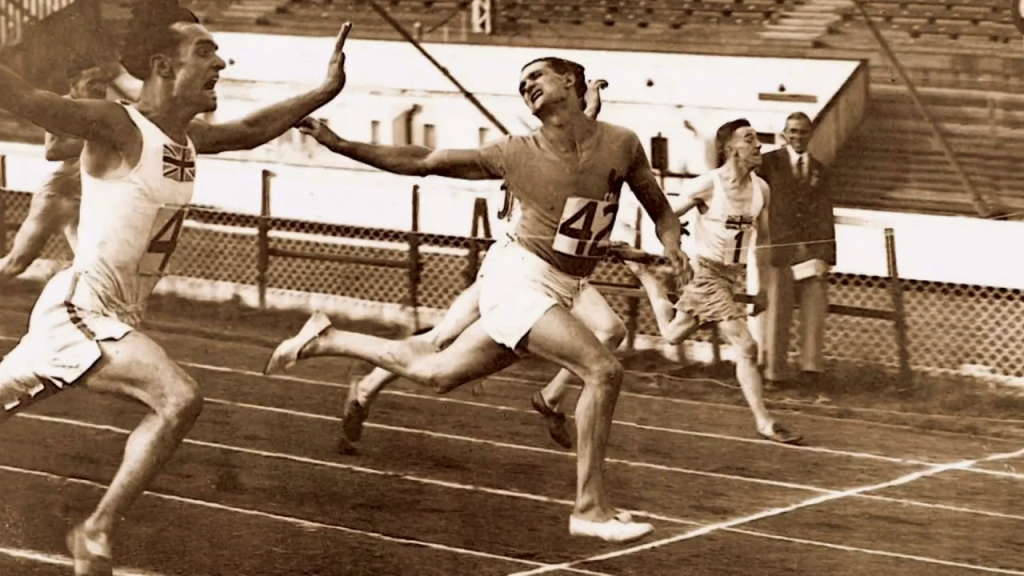
History of Deaflympics
Before the 20th century, Deaf people could not participate in either summer or winter hearing Olympics. In 1924, the Deaf community decided to create their own Deaf Olympics to compete with other Deaf athletes from other countries. Deaf Olympics was run and organized by the International Committee of Sports for the Deaf.
The first Deaf Olympics Games were held in Paris. Deaf athletes competed with other athletes from 19 countries. Just like the hearing Olympics, the Deaf Olympics ran their events every four years for both summer and winter sports (except for the two cancellations due to World War II). In the last 100 years, the number of competing countries has grown from 19 to 117.
The Growth of Deaf Sports in Schools
The first Deaf school was founded in 1817. During the next several decades many more Deaf schools were established in the United States. Deaf sports naturally appeared and congregated with other schools to compete. The Deaf community also joined community clubs, such as bicycling, running, baseball, etc.
‘Til next time, ta ta! 😀🤟🏻



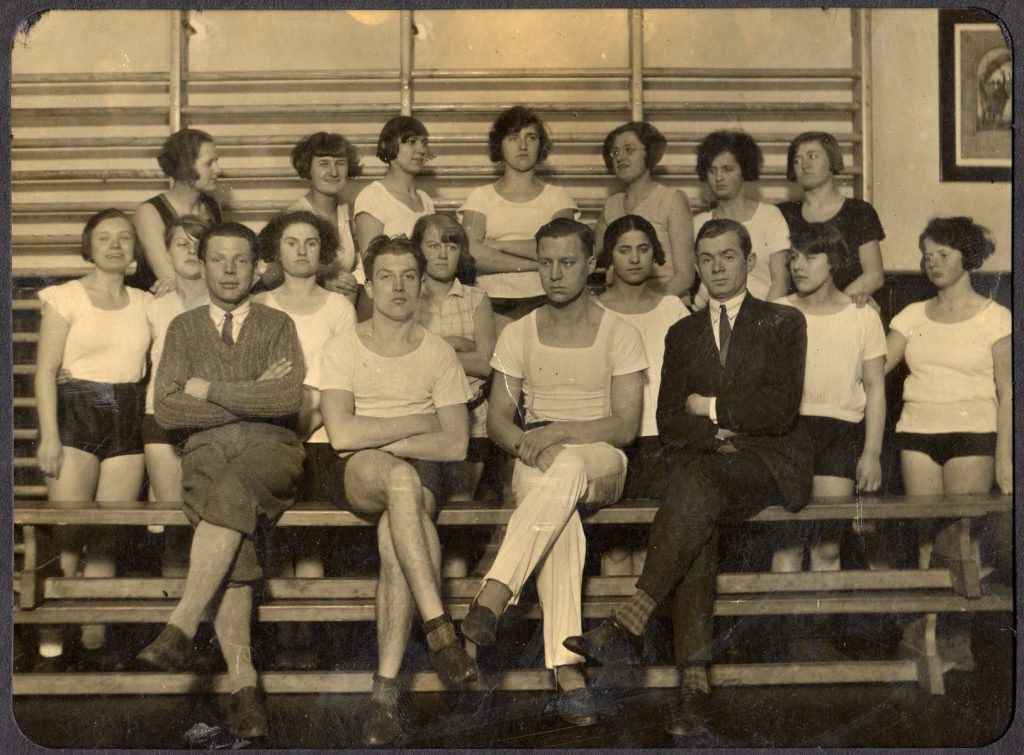
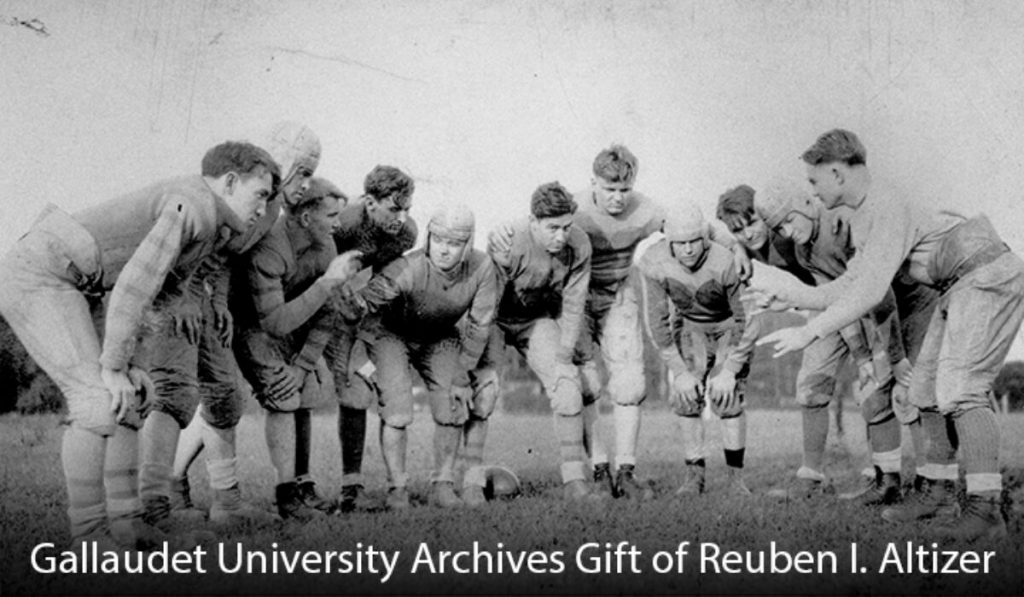
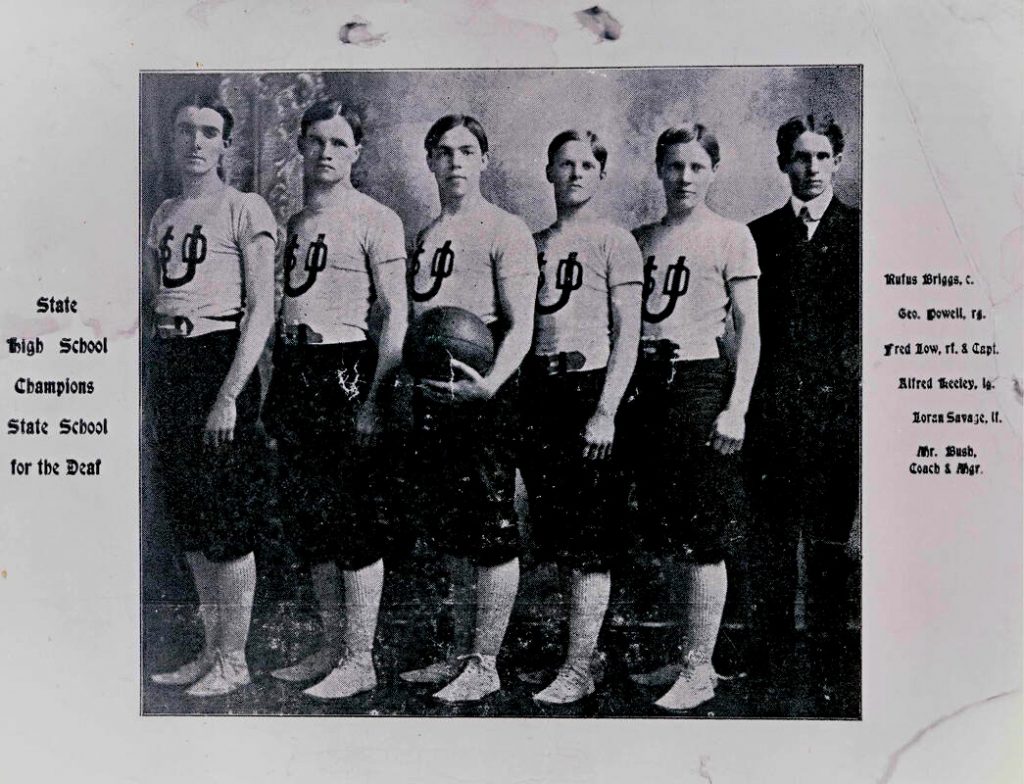
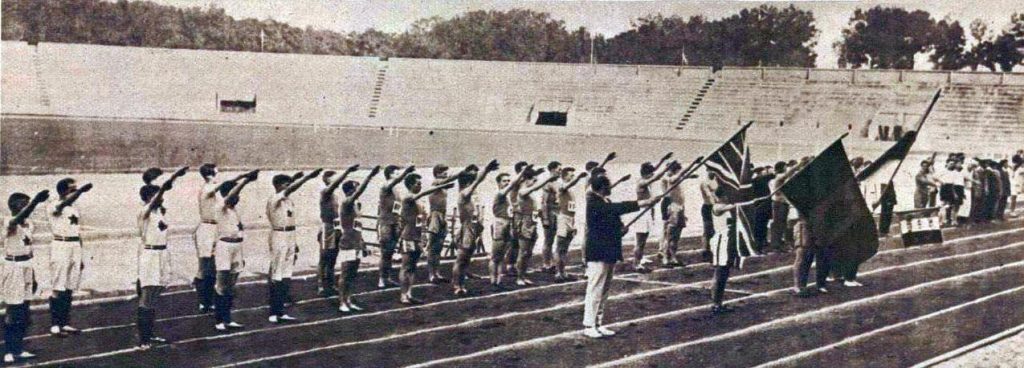
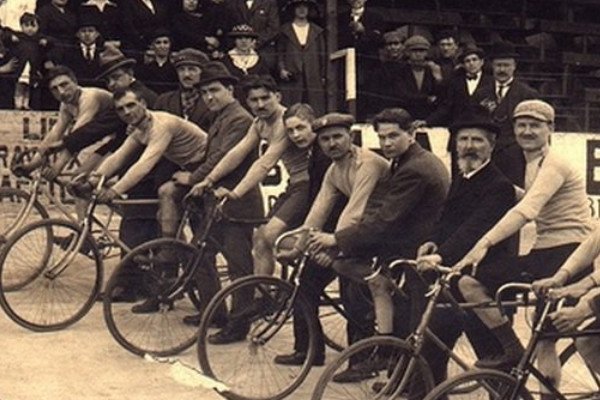
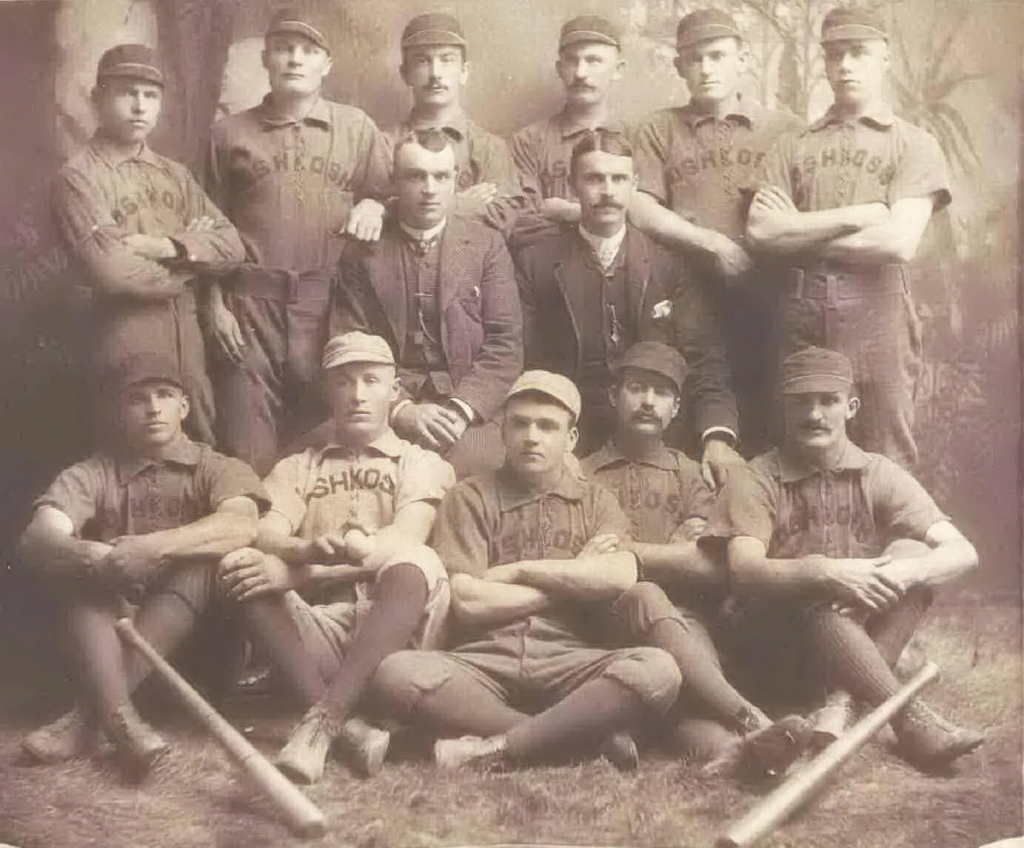

Comments